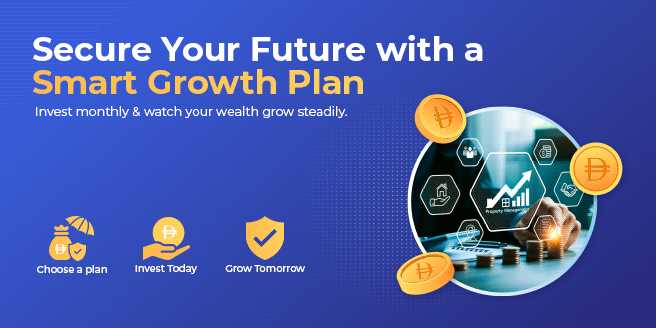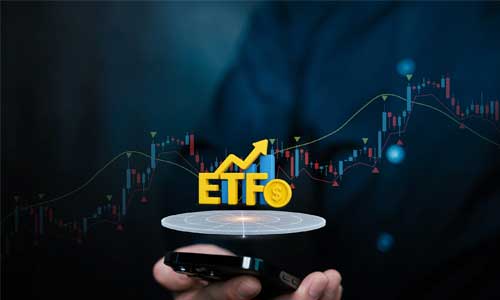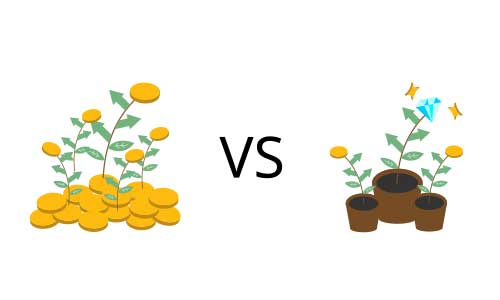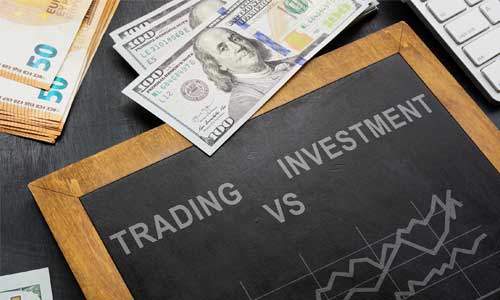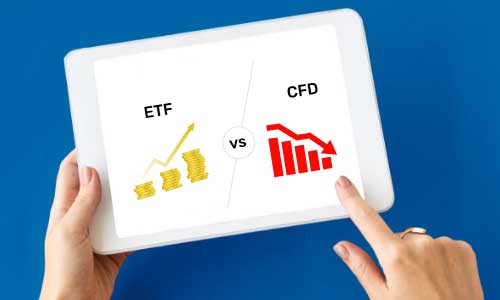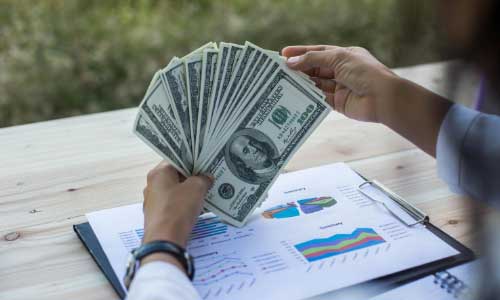Difference Between IPO and Stock
Many new investors get mixed up between the two. But here’s the truth: IPOs and stocks are connected, but they are not the same thing.
Think of it like this — when a company first opens its doors for the public to buy a part aof it, that’s called an IPO. Once those parts (or shares) start trading on the stock market, they become regular stocks that anyone can buy or sell anytime.
Let’s break down the difference between IPO and stock in the simplest way, what each means, how they work, and which might be better for you.
Best Investment Plans in UAE
Some of the best Investment quotes in UAE & Dubai are:
Not a fan of stock picking?Build wealth the simple way with SIPs and mutual funds on Policybazaar.ae. Start growing your wealth in a smarter, more comfortable way. |
|---|
IPO vs Stock: What’s the Difference?
Now that we know what both mean, let’s see the main differences between IPO and stock —
|
Feature |
IPO (Initial Public Offering) |
Regular Stock (Listed Share) |
|---|---|---|
|
Market Type |
Traded in the primary market, where investors buy shares directly from the company |
Traded in the secondary market, where investors buy and sell shares among themselves |
|
Company Stage |
The company is going public for the first time |
The company is already listed and publicly traded |
|
Price |
Fixed or within a price range decided before the IPO |
Changes constantly based on demand, supply, and market news |
|
Who Sells |
Shares are newly created and sold by the company |
Shares are already existing and exchanged between investors |
|
Information Availability |
Limited history — since it’s a new listing, not much past data |
Detailed financial reports and analyst data available |
|
Risk Level |
Usually riskier because the company is new to the market |
Less risky, especially for established companies |
|
Accessibility |
Often open for a limited time and may not be easy for everyone to get |
Can be bought or sold anytime through a broker or app |
What is an IPO?
An IPO is when a company shares a small part of itself with people for the first time, so anyone can buy a piece and help the company grow. Before this, only the company’s founders, employees, and early investors owned shares.
When the company ‘goes public’, it sells these new shares to raise money. This money helps the company grow. For instance, it can open new stores, create new products, or pay off loans.
So, an IPO is like the company’s first big step into the stock market. It lets everyone, not just a few people, buy a small piece of the company.
For example, if your favorite ice cream brand wanted to open more shops, it might launch an IPO to raise money from people who love its ice cream.
What is a Regular Stock?
A stock (also called a share) means owning a small part of a company. Once a company has already launched its IPO, its shares are traded on the stock market, like the Dubai Financial Market (DFM) or Abu Dhabi Securities Exchange (ADX).
When you buy a regular stock, you’re buying it from another investor, not directly from the company. The price keeps changing every second, depending on how many people want to buy or sell it.
You can buy or sell these stocks anytime through a trading app or broker. It’s like an online shop where you can see the prices moving up and down in real time.
IPO Shares vs Normal Shares
People often ask, ‘Are IPO shares and normal shares different?’ Here’s the easy answer: they are the same shares, but at different stages.
- IPO shares are new shares sold for the first time by the company to raise money or let investors exit
- Normal shares are those same shares being traded later in the open market by other investors
So, IPO shares vs normal shares is not about what they are, it’s about when and how you buy them.
Difference Between IPO and Stock Market
It’s also common to mix up an IPO with the stock market itself. Here’s how they connect —
- The IPO is just one event, when a company’s shares are first sold to the public
- The stock market is the big marketplace where all those shares (and many others) are traded every day
So, an IPO is like a company’s entry ticket into the stock market!
Wrapping Up
The difference between IPO and stock isn’t just about names — it’s about timing, access, and risk.
- IPOs let you invest in a company right when it goes public — exciting but risky
- Stocks let you invest in companies that are already established — safer but slower-growing
In short, IPOs are for early risk-takers, while regular stocks are for steady investors. Knowing the difference between IPO and shares helps you make smarter decisions when stepping into the stock market.
Frequently Asked Questions
Are IPO and stocks the same?
Not exactly. In an IPO, you buy shares directly from the company when it goes public for the first time, which is called the primary market. In the stock market, you buy and sell shares from other investors; that’s the secondary market.
Is it good to buy stocks before IPO?
Buying before an IPO can be rewarding if the company performs well later. However, you may not be able to track their past performance.
Can I sell stock immediately after IPO?
Retail investors or the general public can sell stocks immediately after listing. However, most IPOs have a lock-up period of 90–180 days for institutional and insider investors. In this period after the listing, they cannot sell their shares immediately.
How are IPOs different from regular stocks?
IPOs are brand-new shares sold directly by the company. Regular stocks are already listed and traded among investors in the open market.
Which is best — IPO or shares?
IPOs can bring higher returns but also higher risks. Regular stocks are usually safer and better for steady, long-term investors.
Can I withdraw my IPO anytime?
Yes, but only during the IPO subscription window, usually between the opening and closing dates. Small retail investors can easily cancel or modify their bids within this period.
More From Investment
- Recent Articles
- Popular Articles
